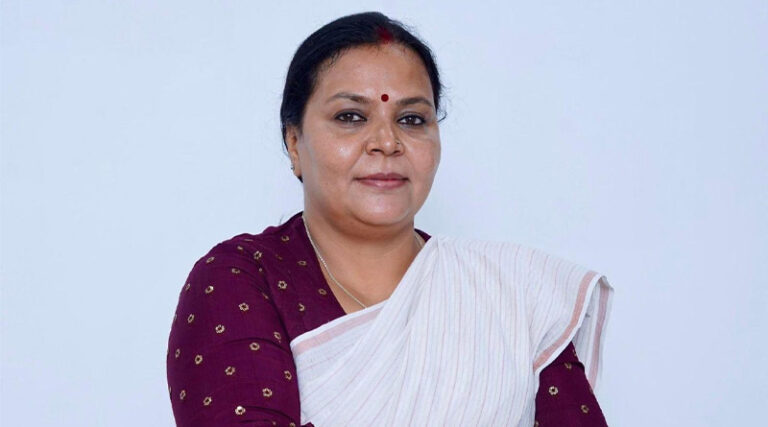
Jharkhand Begins New Phase of Rural Development with Digital Governance, Climate-Smart Villages and Women-Led Programmes
25 November 2025, New Delhi: Jharkhand is entering the early stages of a major shift in rural development as the Department of Rural Development and Panchayati Raj, led by Minister Dipika Pandey Singh, rolls out a series of initiatives aimed at strengthening local governance, climate resilience and livelihood opportunities—much of it now beginning to take shape on the ground.
Across the state’s 4,343 Gram Panchayats, the process of digitising development plans for 2025–26 is now underway, with most panchayats having already uploaded their plans on the eGramSwaraj platform. The transition is still in its first year, but village digital desks managed by trained “Panchayat Sathis” are starting to make essential services more accessible. Residents in several blocks have begun using these desks to apply for certificates, track pensions and follow up on welfare schemes—reducing the need for multiple office visits and gradually improving trust in local administration.
Meanwhile, Jharkhand’s early experiments with climate adaptation are beginning to show direction. Kocha village in Khunti district, recently recognised as the state’s third Climate-Smart Village, is among the first to adopt multi-cropping demonstrations, run small-scale processing units and use renewable energy solutions. Women-led Farmer Producer Organisations are taking initial steps to market local produce, signalling how climate-responsive agriculture might evolve across rural Jharkhand over the coming years.
Women’s collectives have also become central to the state’s development push. The Food, Nutrition, Health & WASH (FNHW) programme has now expanded to 263 blocks, where more than 3.2 million women linked through Self-Help Groups are engaging in awareness drives on sanitation, nutrition and preventive health. Many groups are beginning to experiment with income-generating activities such as nutrition gardens and doorstep delivery services under the Dakiya Yojana, which are gradually gaining acceptance.
Environmental conservation remains another focus area. Under the Birsa Harit Gram Yojana, the state has planted over 2 crore saplings so far. The government is now preparing to expand the effort into floriculture, with early planning underway to explore carbon credit opportunities tied to community-led plantation activities.
Also Read: Punjab’s Water Crisis: Experts Say Hybrid Seeds Are the Only Sustainable Solution
📢 If You’re in Agriculture, Make Sure the Right People Hear Your Story.
From product launches to strategic announcements, Global Agriculture offers unmatched visibility across international agri-business markets. Connect with us at pr@global-agriculture.com to explore editorial and advertising opportunities that reach the right audience, worldwide.






